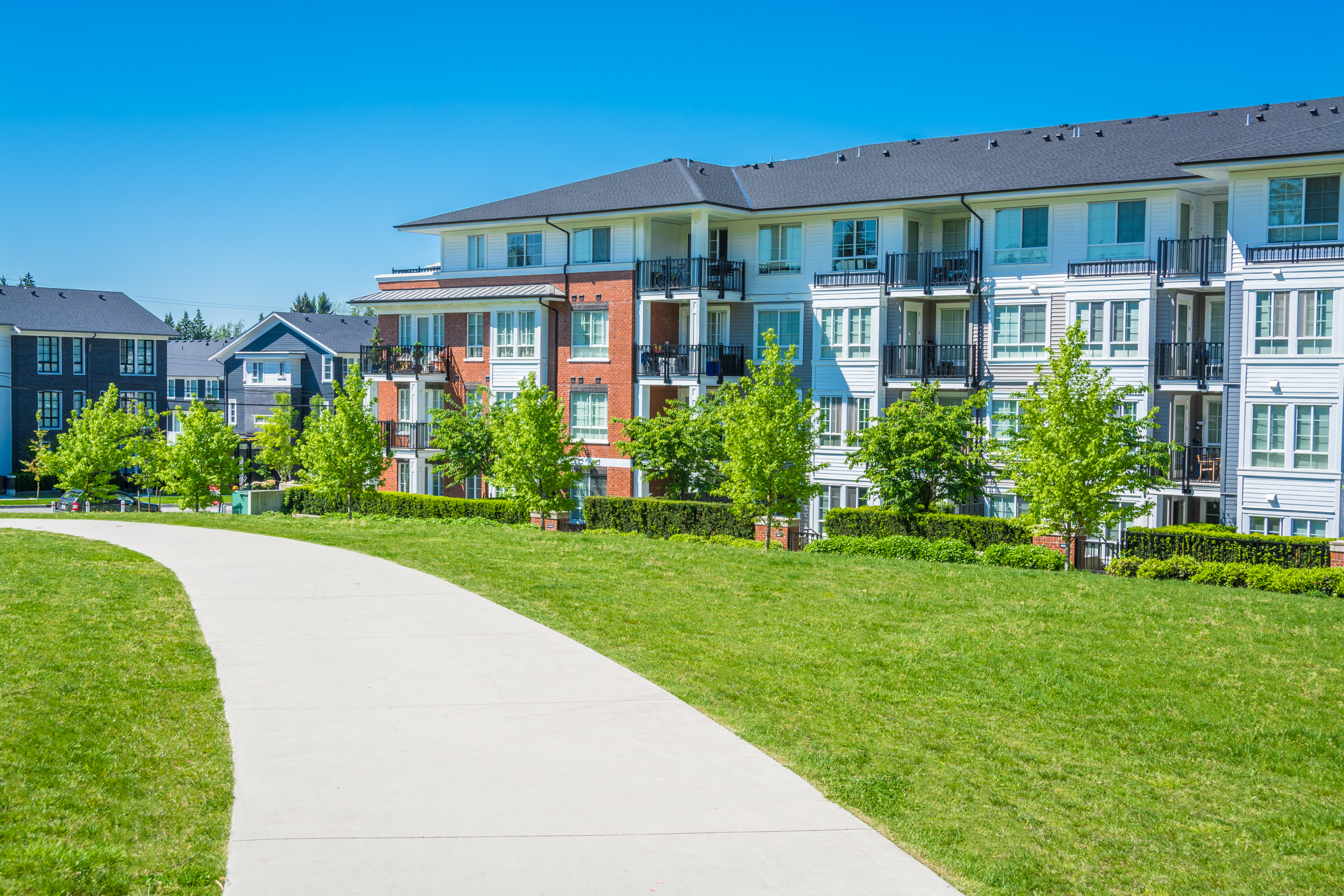Managing startup condominiums and communities is a unique job. There should be a community manager with experience working as part of a team, and that team should include other professionals in addition to the developer.
Typically, the development team will hire surveyors, engineers, architects, land planners, and other specialists to layout and plan the community’s or condominium’s infrastructure, buildings, and stormwater system, among other things, a professional community association management company (such as CAMS); and an attorney to draft the governing documents.
Early decisions made by the developer will determine the association's common elements, such as whether there is a clubhouse or a pool, whether the streets are private or public, whether the community is gated, and whether there will be landscaping at the entrance.
Many times the community manager will review the governing documents prior to recordation to provide input. The community manager will determine if a covenant, restriction, or rule is realistic and effective throughout the initial development phase, as well as over the long term.
Another important role the community manager plays is drafting the operating and reserve budgets. Drafting an initial budget for a new condominium or community association requires expertise because the budget process usually occurs before any construction activity, including the installation of the infrastructure of the community or building construction of a condominium project.
Generally, it’s good practice to draft the first budget based on build-out or as if the community or condominium was complete, regardless of where construction stands. The advantage of preparing a build-out budget is that it sets realistic assessments when the community is finished. If assessments are artificially low due to developer contributions during the construction phase of the development, the property owners face large increases in the annual assessment in the future.
Once the build-out budget has been approved, then a phased budget should be drafted based on when amenities and other common facilities will be constructed. Associated expenses and assessments should be included based on when they will come online. The phased budget lets the developer know what developer contributions will be needed each year based on sales projections.
The community manager also makes recommendations on several operational decisions, such as the types of grasses that are successful in the area, whether irrigation should be provided using metered water or wells, whether on-site personnel will be required, the cost of various types of streetlights, and more. Answers to these questions are critical for creating a realistic budget.
A developer of a condominium or community association wears two hats: declarant and member of the board of directors. A professional community association management company skilled in a new development can protect the interests of future membership by guiding the developer on many issues, including the architectural review process, collection of delinquent accounts, identification of qualified service providers, and so forth.
Developers should be aware that serving on the board of directors and as an officer of an association entails fiduciary responsibilities, which require them to make decisions that are in the best interests of the community and its members.
Once everything above is completed, the management company’s role in starting a community is to handle the day-to-day operations of the association so the developer can focus on construction, marketing, and sales.
CAMS can help you get started and through this entire process. With unprecedented experience in helping property owners associations in the Cape Fear region, we can make the entire start-up easier for you. If you need assistance, please reach out to our experts at 877.672.2267.


